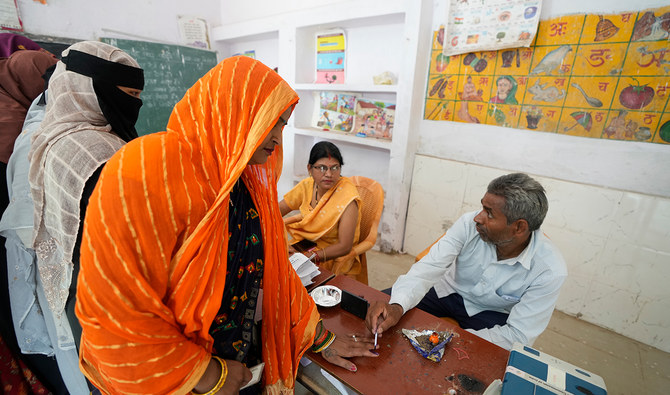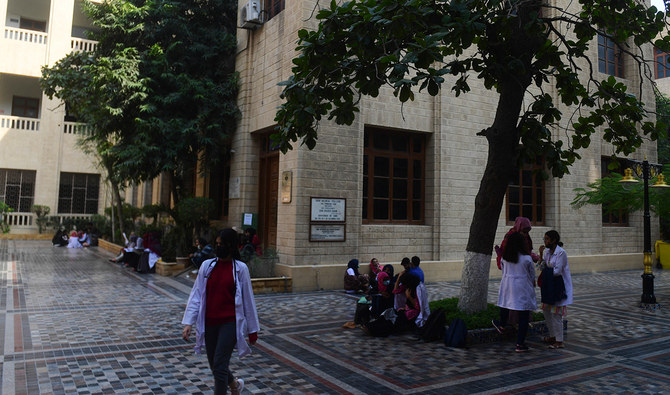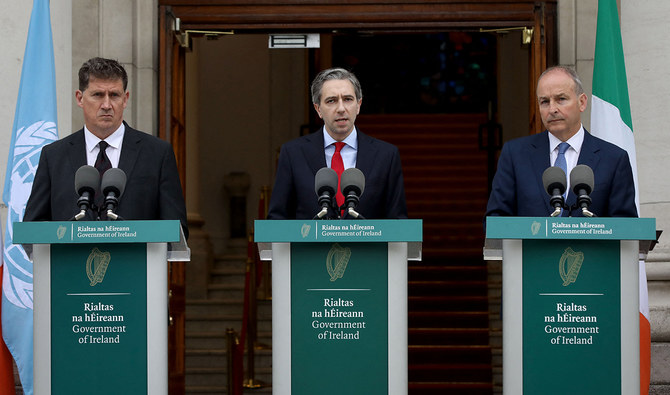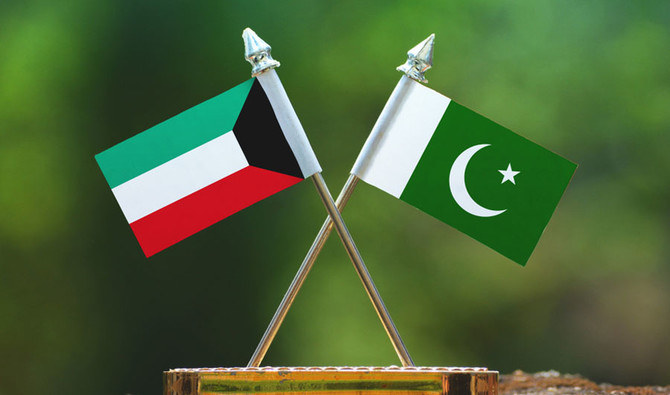KARACHI: As Pakistan’s federal government sets a deadline to block smuggled phone handsets by the end of this year, the dealers call for a comprehensive strategy with consultation of stakeholder to make it successful.
The federal cabinet chaired by Prime Minister Imran Khan on Friday set the deadline of Dec 31, 2018 for blocking all new and used mobile phones smuggled into the country.
Information Minister Fawad Chaudhry briefing media after the cabinet meeting said “The cabinet has decided to impose block new mobile phones to be smuggled into the country after December 31, 2018 while those already in use will not be allowed to be operational after December 31, 2018”.
Pakistan imported mobile phone sets worth $739.8 million during the last fiscal year while rising trend shows that the country has imported $212 million worth of phones during the first four months of currency fiscal year FY19, State Bank of Pakistan data shows.
“Pakistan imports stands at around 800,000 to 900,000 sets per months”, said Muhammad Rizwan Irfan, president of Karachi Electronic Dealers’ Association. “The same number of mobile sets are smuggled into the country every month”, he told Arab News.
However, Fawad Chaudhry says that around 82 million mobile phones were imported through legal channels every year and 2.5 billion mobile phones were smuggled into the country, a trend that needs to be discouraged.
“The sale of second-hand mobile phones was completely banned in the country but the sale-purchase of used mobile phones was being carried out freely. The federal cabinet has decided to take strict action against this business” he added.
Government intends to enforce Device Identification Registration & Blocking System DIRB developed by Pakistan Telecommunication Authority (PTA) for facilitation of general public. The system expected to ensure the use of legal mobile devices on Pakistani networks.
“Government’s effort to ban mobile phone will not work until the dealers are not taken into confidence before enforcement of any policy which is made without stakeholders’ consultation”, Rizwan Irfan observed.
Irfan calls improvement of system to discourage smuggling of mobile phones and imposition of duty on the sets confiscated by the authorities so that the government could generate revenue. “Government needs to simply procedure by eliminating hurdles including condition of PTA registration etc. The importers are willing to pay duty and taxes. The imports has declined from 3.5 million and government is also losing revenue on the imports”, he added.
Fawad Chaduhry also said that the cabinet has decided to promote the local mobile phone industry and hinted at banning import of mobile phones in the next phase.
However, at present the country is meeting all of its domestic mobile phone demand through imports.
China’s Hisense would be the first to start complete assembling of smart phones in Pakistan from January next year. “The process of installing a modern assembly line for the smartphones will be completed by the end of December this year. The locally-assembled smartphones will be available in markets across Pakistan from March 2019,” M. Tariq Zubairi, CFO of Tri-Angels Electronic, the manufacturer and distributors of Hisense in Pakistan, had told Arab News recently.
However, some manufacturers of computer equipment complain about the government’s apathy towards the promotion of local IT industry. “We are assembling smart phones in Pakistan up to 20 percent while 80 percent are assembled in China but due to lack of government support the investors are reluctant to extend their investment in Pakistan”, Syed Tahir Rizvi, CEO of One Apple, a local IT company, told Arab News.
“We are manufacturing complete keyboard and mouse in Pakistan and all-in-one desktop computers but still lacking government’s recognition and support,” Rizvi lamented, adding “For manufacturing of smartphones some high tech machinery is needed which would only be possible if investors get government support and recognition of local industry”.
Pakistan has 60 million smartphone users out of total 152 million cellular phone subscribers in the country with 73.23 percent teledensity.
















